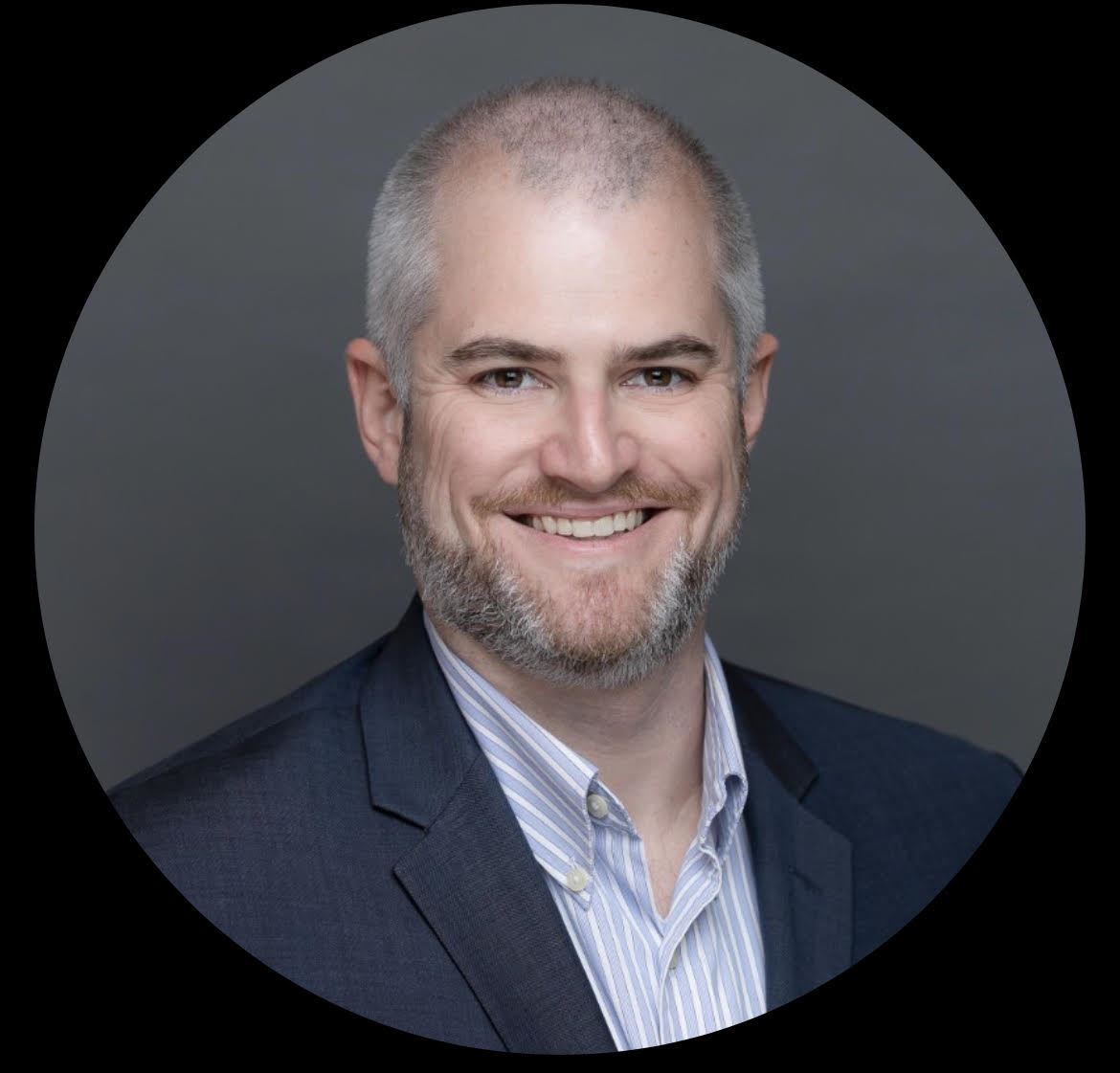Please note your affiliation and years of experience in the energy and/or environmental field. 
My primary affiliation is with Energy Intelligence, where I am a senior analyst with the firm’s Research and Advisory group, where I have worked since early 2020. I am also a non-resident scholar at the Middle East Institute’s Economics and Energy program.
Getting into the energy field was never a part of my professional “plan.” In 2012 I accepted a position in Saudi Arabia that involved vocational and technical training for young Saudis, most of whom would then go to work for state-owned oil and gas, petchems, or utilities companies. This early experience with the energy sector led me to concentrate on energy security when I relocated to DC in 2018 and began working on an advanced degree at Johns Hopkins University.
Any particular achievement/interest in energy/environment you would like to mention?
It is not the only focus of my work, but I am strongly interested in the way the NOCs of Arab Gulf countries are approaching the energy transition. These firms account for a massive portion of global energy production and their strategies are critical to the success of the energy transition around the world. On a more personal level, the time I spent in that part of the world has also given me a keen interest in how this transition impacts regional economies, and more directly the inhabitants of these countries themselves, whose futures are in many ways linked to a successful outcome.
In your opinion, what are important issues facing the energy industry nowadays?
I think the lack of basic knowledge of energy systems and supply dynamics among the general public is a major issue. It isn’t likely to be the first thing on everyone’s mind, and discussion of energy being politicized is hardly a new phenomenon. But for the most part, I don’t believe that people outside our field are generally aware of where the energy they consume comes from. Not only does this get in the way of having a nuanced, sober discussion about the energy issues facing the country and the wider world, it arguably prevents the average citizen from being an informed consumer.
In an era when almost everything seems subject to high levels of political polarization, it can be disheartening to see critical discussions around current and future energy dynamics getting dragged into this toxic climate. I think NCAC, its members, and other organizations like it have a role to play in “turning the temperature down” and promoting more productive conversations around
How long have you been a member of NCAC? Any particular NCAC memory you would like to share with us?
I have only been a member of NCAC for a couple of months, during which time most of my involvement has centered around preparation for the annual conference. This was a major draw to the organization for me, as I finished my studies at Hopkins right as the pandemic began. I’ve been disheartened at how slowly many events in the DC area are returning to an in-person format, so I’m excited to be working on an event that is geared towards getting a great number of our colleagues back into the same room together, and I am excited to do so on a more frequent basis.